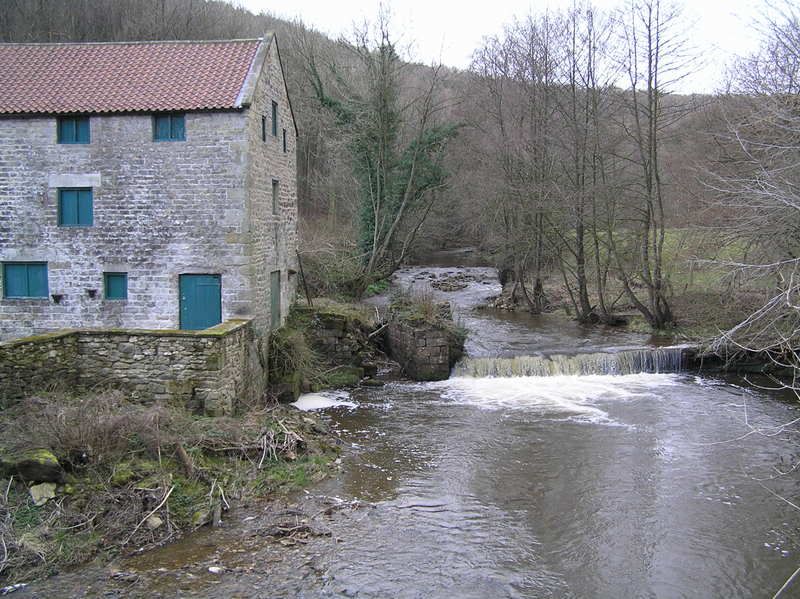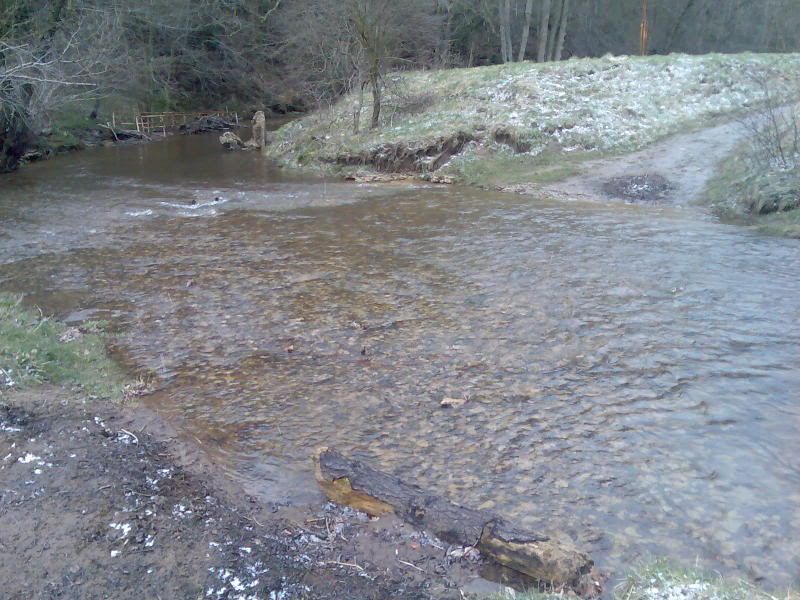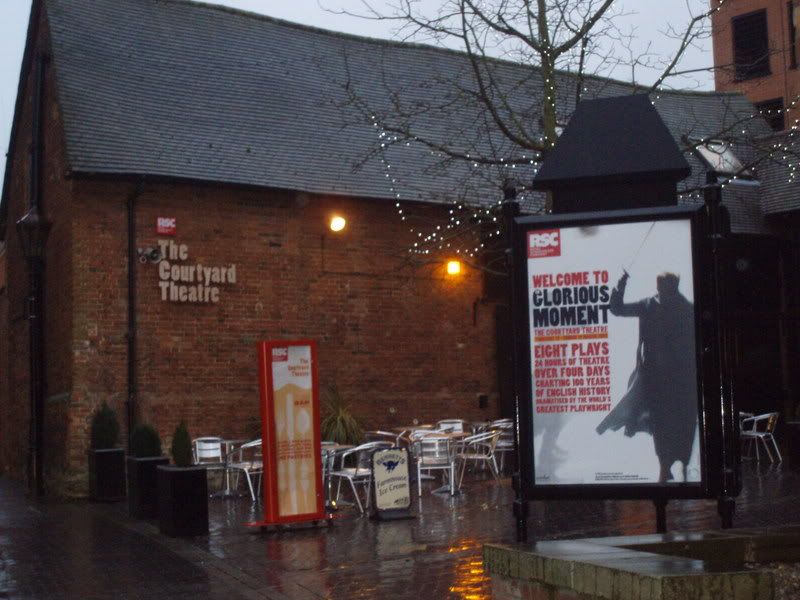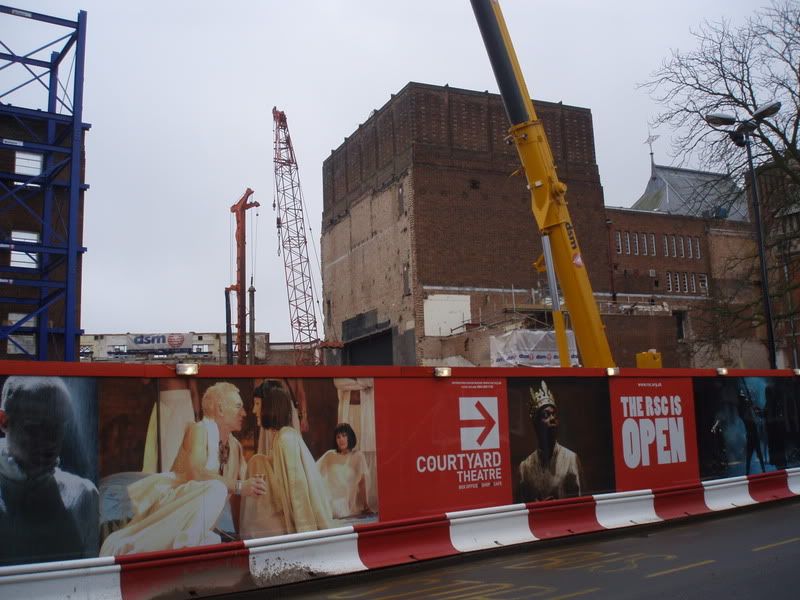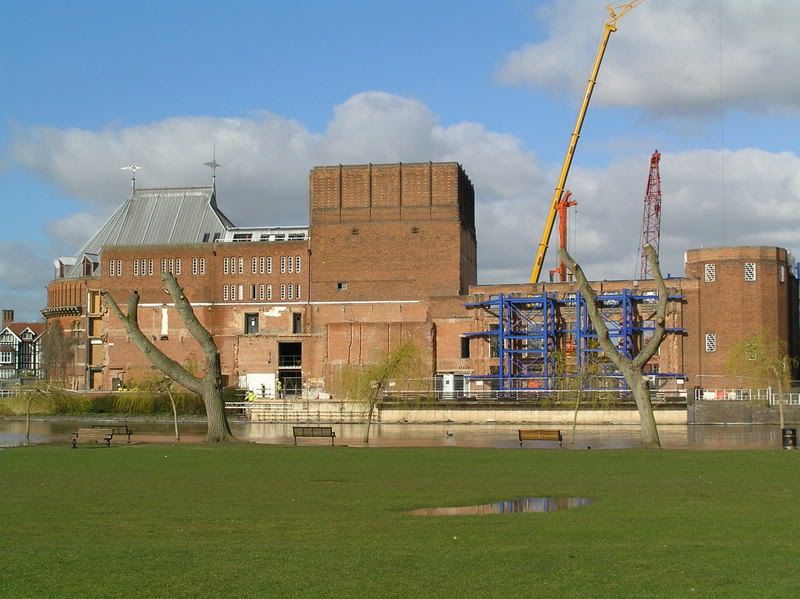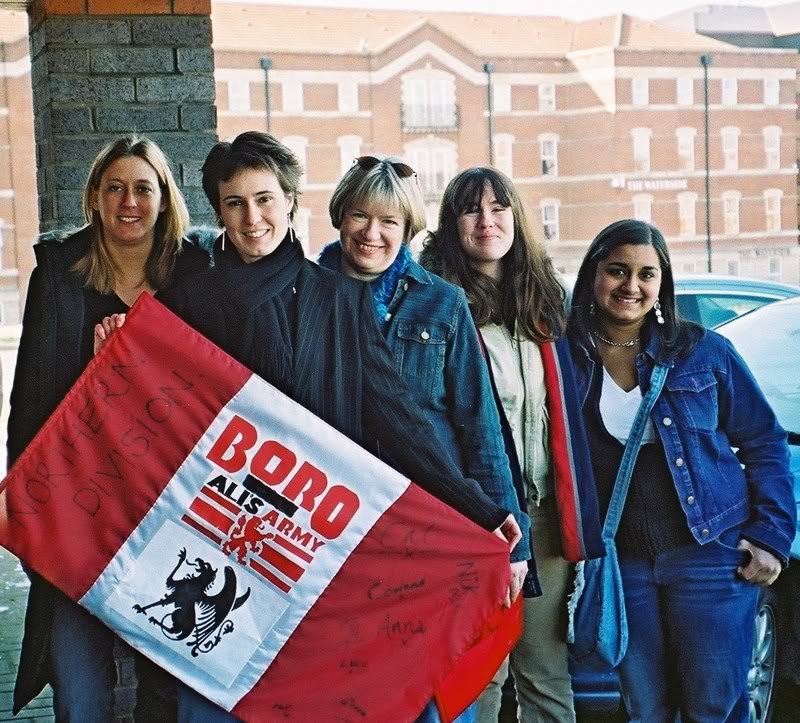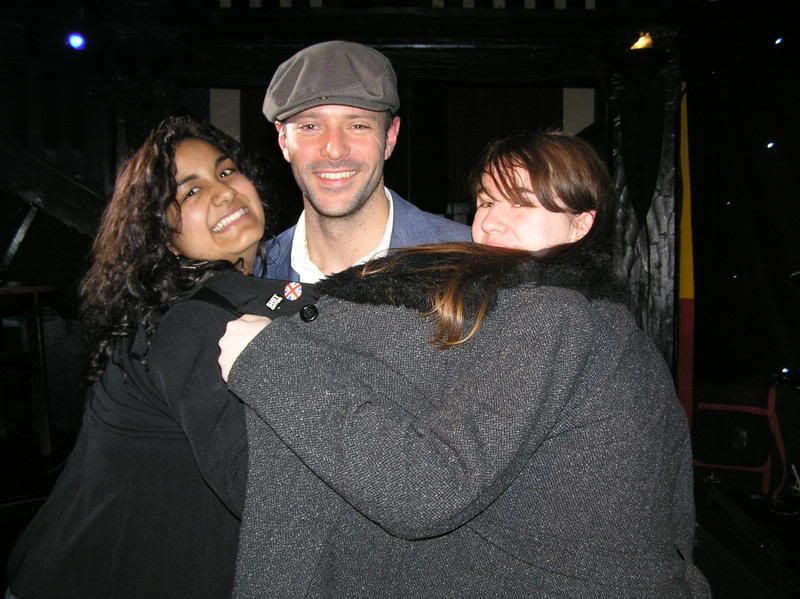The third day, and our second full day of productions, this time all three parts of
Henry VI. Years ago, I saw the Plantagenets* over two days, and that felt epic. You have to bear in mind that these plays were written before, not after the ones that we’ve already watched. It’s early Shakespeare, and relatively unfamiliar, and therefore has the ability to surprise you. I’d also seen Michael Boyd’s production of Henry VI Part 2 in the Swan back in 2000**.
I buy a white rose lapel pin just so that no one is going to doubt my allegiance today. During the day, I realise just how much my view of the history of the Wars of the Roses is coloured by Shakespeare’s version, even though it’s not always historically accurate.
By now, the actors welcoming us to the theatre, and telling us to turn off our mobile phones are greeted with loud applause, and have to wait for it to die down before they can make their announcement. It’s beginning to feel natural to be sitting in a theatre on a Saturday morning, and as the weather is pretty dire outside, there’s no better place to be.
Part 1 begins with the funeral of Henry V, (Geoffrey Streatfeild returning briefly before his transformation into Suffolk) as his coffin is lowered into the ground and it’s mainly about the loss of all he fought for in France, as the bickering begins between the nobles, literally over his coffin.
Richard Cordery returns with an excellent performance as Humphrey of Gloucester, a good man trying to serve the country and his king, mirroring his Duke of York. It’s quite a shock to see the ‘young guns’ from Henry V now transformed into middle aged men.
Strong performances emerge. Clive Wood as Richard Plantagenet, Keith Bartlett as Talbot, Katy Stephens as Joan La Pucelle, (there’s an incredible scene where she taunts Bedford with his severed arm), followed by a fifth act transformation into Margaret of Anjou. It’s also good to see some characters continuing from Henry V, John Mackay as the Dauphin, and Matt Costain as Burgundy.
Henry himself doesn’t appear until about halfway through the play, and Chuk Iwuji plays him with a childlike innocence befitting his youth, anxious to please, but also giving doubt to whether this king will rise to the challenge.
There’s another magnificent father and son double act from Keith Bartlett and Lex Shrapnel as Talbot and his son John, and their presence echoes through the subsequent plays, as they become the pirates who capture and execute Suffolk in Part 2, and the son who killed his father, and father who killed his son in Part 3.
Geoffrey Streatfeild reappears as Suffolk, plotting to turn the king’s marriage to his own ends, and the play ends with what Michael Boyd describes later as ‘the jaws moment’, as Margaret prepares to leave for England.
Part 2 - I love it! It’s the House of York in the ascendant, and the first appearance of ‘my’ Richard, (another great performance by Jonathan Slinger).
Gloucester is betrayed and murdered, and Suffolk is banished and murdered– his head being delivered to the queen, who cradles it while standing in the ‘hell mouth’. Maureen Beattie is wonderfully dignified as the proud but ultimately duped and disgraced Duchess of Gloucester.
All hell is let loose in Jack Cade’s rebellion. It’s quite a jolt as the rebels enter from the audience, and proceed to get an unsuspecting audience member on stage. I like the fact that the rebels are made up principally of all those who have been murdered, or died in the conflict. I’m a little less sure about Suffolk’s headless body dancing around!
Part 3 – my favourite part of this trilogy, but also the most emotionally traumatic one, as York is captured and murdered by Margaret. The killing of Rutland is horrific, as Alexia Healy’s squeals are animalistic, and the death of York almost makes me cry. The later image of York’s head upon Micklegate bar (achieved simply by the actor kneeling behind the balcony) haunts me for a few days afterwards.
Richard comes into his own, throwing off his wig (similar to when he played Richard II) but this time to reveal a disfiguring birthmark upon his bald head, and sharing his ambitions with the audience. I’m thinking how much I love Richard (yes, I know I’m odd) as I leave the auditorium at the interval, when someone behind me says ‘gosh, he’s a nasty piece of work, isn’t he!’ I think you understand him better when you see the society he is a product of. He never apologises or excuses his actions, and by sharing his plans with us, we become his co-conspirators.
That ending – Richard cradling the new born prince and beginning ‘Now…’
I can’t wait for the conclusion of the story, but I have to, until the following afternoon.
*A conflation of the three parts of Henry VI into two plays, Henry VI and Edward IV, followed by Richard III
**For some bizarre reason, probably related to scheduling, we saw Part 2, and therefore only the middle of the story.
Labels: Glorious Moment, RSC, shakespeare, stratford, theatre
